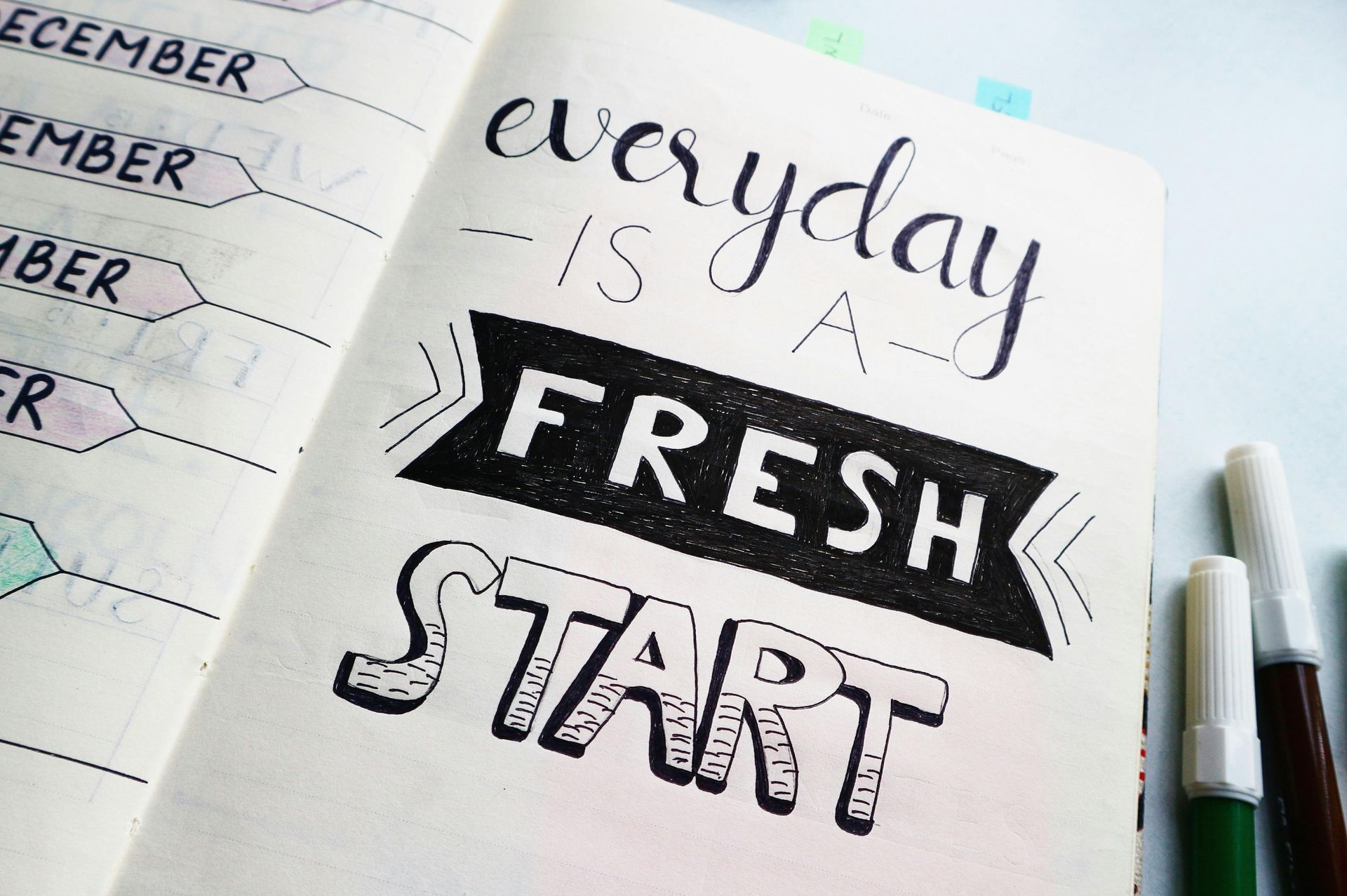Venue Finding during COVID-19
14 September 2021
Tips for venue search and selection during the pandemic

The pandemic is not over yet. But, as the gradual lifting of COVID-19 restrictions begin around the world, there is now cause for cautious optimism that we are slowly returning to some form of normality. At least here in the UK, most restrictions have been removed in England. There are different rules for
Scotland,
Wales and
Northern Ireland.
If you have decided to resume live, in-person events, you will be faced once again with the task of researching and finding a venue to host your events. Under normal circumstances this can be a daunting and time-consuming task with many variables to consider. Check out our previous article on top tips to consider when making venue selection for your event
HERE.
Planning in-person events in the context of COVID-19 adds an extra layer of specifications and considerations which meetings and event planners should think about and discuss with a prospective venue. Here are some of our top tips and list of things to consider.
1. Contracts – according to recent report from the ONS,
confidence in business started to increase in May 2021 with revenue performance in the hospitality sector is at its highest since August 2020. This is great news but the situation and restrictions relating to COVID-19 are still fluid. Find out about venue booking terms and conditions early on in your venue finding process and how flexible they are should your event date change.
2. Facilities
- have the provision and management of facilities (e.g., toilets, cloakrooms, green rooms, changing areas etc) had COVID-19 risks considered (hygiene, social distancing etc). Putting in place hygiene measures plays a crucial role in reducing the risk of transmission. This should include providing handwashing facilities and hand sanitiser, particularly in high-traffic or higher-risk areas, such as reception and entrance foyers, doorways, lifts, and bathroom facilities. Find out what the venue has in place.
3. Face covering
- the government is still recommending the use of facemasks or coverings to be worn in crowded indoor environments. This is not a legal requirement and different organisations are following different rules so, find out how your prospective venue is dealing with this and how it may affect your event.
4. Social Distancing
- this is still an effective way to prevent transmission especially in places where people are gathered for a long period of time. Some venues may have floor markers or request delegates to adhere to social distancing. Find out what social distancing protocols and practices will be in place on the day of your event.
5. Cleaning regimes and fresh air
– find out what risk management protocols will be in place and whether you are comfortable with this. All reputable event venues have introduced enhanced cleaning regimes and good ventilation in their venues. Don’t be afraid to ask about what’s in place and ask venue staff to explain anything you don’t understand.
6. Self-testing & Vaccine Passports
– it will be down to the venue’s discretion if they wish to ask delegates to ‘check in’ on arrival or self-test and display a negative result before entering their venue. However, as the host or event organiser, it is good practice to actively encourage self-testing and/or include this within your joining instructions. Whatever you decide, find out what the venues’ protocols are and ensure you reach an agreement on the process very early on in your venue finding process.
7. Covid Positive results & isolation
– in line with government advice, encourage people with symptoms to self-test before attending your event to ensure they do not have COVID-19. If positive, advise them to stay away from the event to protect others and book a PCR test immediately.
8. Food & Beverage
– what COVID-19 risk mitigations and new protocols for the handling and serving of F&B have been incorporated into the venue catering operations? What does this mean for your event and attendee experience?
9. Track & Trace
- can you or the venue collate and safely maintain contact details of staff, attendees and other visitors at your event, if needed by any Track & Trace requirements.
10. Training
– have venue staff been trained in their role in minimising the spread of COVID-19?
Live events are irreplaceable, and it was never a question of if live events will come back but when. If you are anything like us, you’ll be excited at the prospect of being surrounded by people networking, sharing creative ideas, learning new knowledge whilst enjoying great hospitality once again and in a safe manner.
We can help you with your venue finding tasks - contact our venue finding team on 0203-617-1010 or theteam@leniohospitality.com




